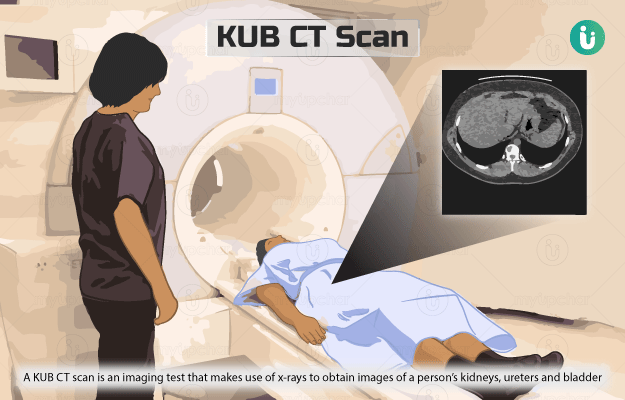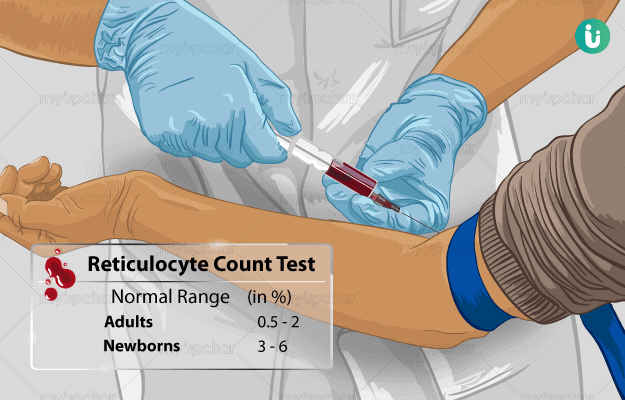What is Fibrinogen Degradation Product (FDP) test?
Fibrinogen degradation product (FDP) test is a blood test that checks for the substances that are left behind in the blood after a clot dissolves. The test is done to check for blood clotting disorders.
Fibrinogen is a glycoprotein that plays an important role in the coagulation pathway. Whenever you get injured, your body breaks down fibrinogen into an insoluble protein called fibrin. This fibrin forms a mesh at the injury site stopping the bleeding. As the site heals, the fibrin mesh is broken down, releasing tiny fragments of protein into the bloodstream. These fragments are called fibrin degradation products or FDPs.
FDPs, when present in a significant amount in the body, can disrupt the equilibrium of blood and lead to haemorrhage - one of the most common complications of blood clotting disorders. Thus, to understand the origin of specific symptoms related to blood clotting, your doctor may order this test.
One of the prominent fragments formed during the breakdown process of cross-linked fibrin is called the D-dimer. The evaluation of D-dimer in blood correlates better with the process of fibrinolysis. So, along with this test, your doctor may order a separate test for checking the levels of D-dimer in your blood. (Read more: D-dimer test)
An FDP test is sometimes also referred to as fibrin split products or fibrin breakdown products.




























